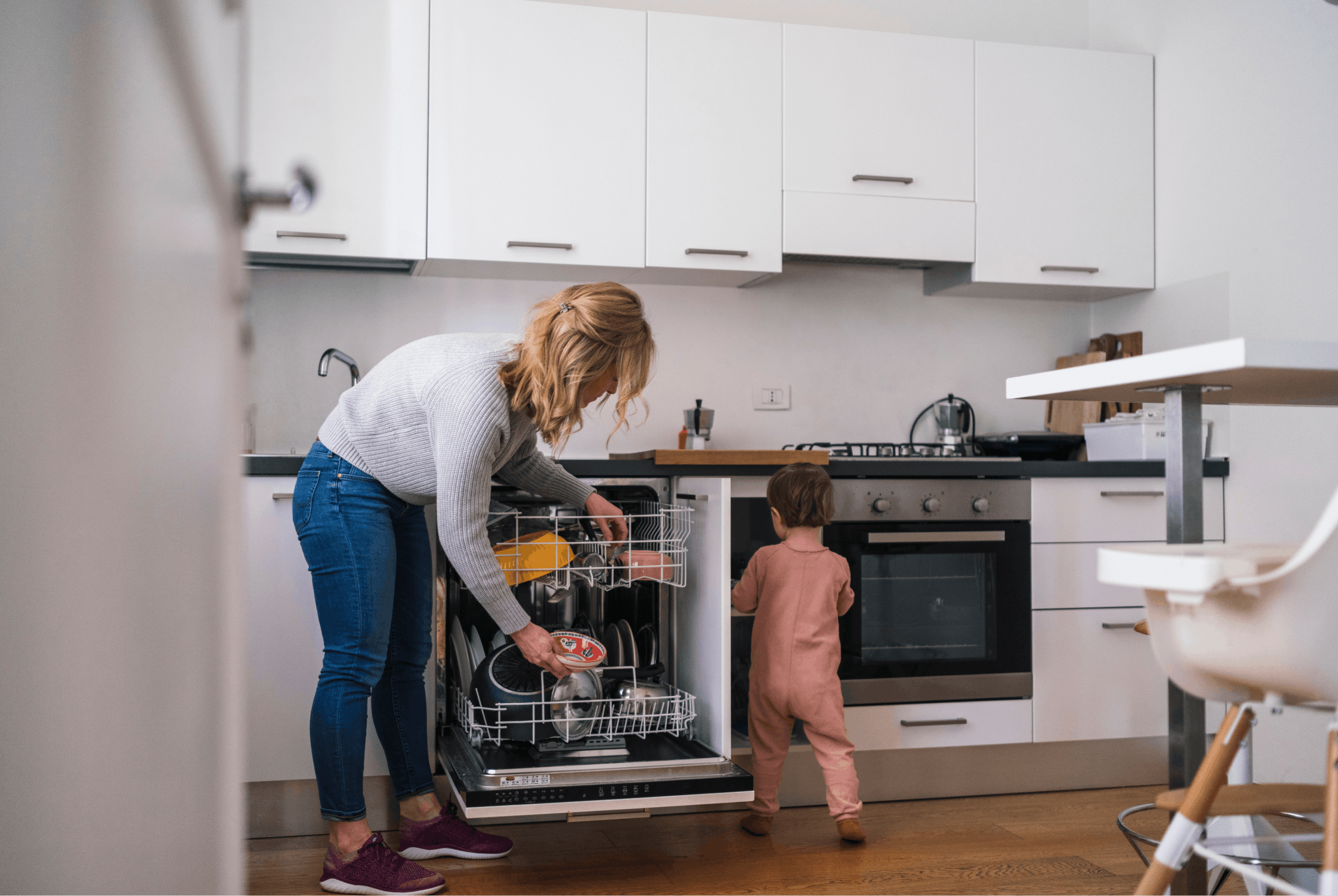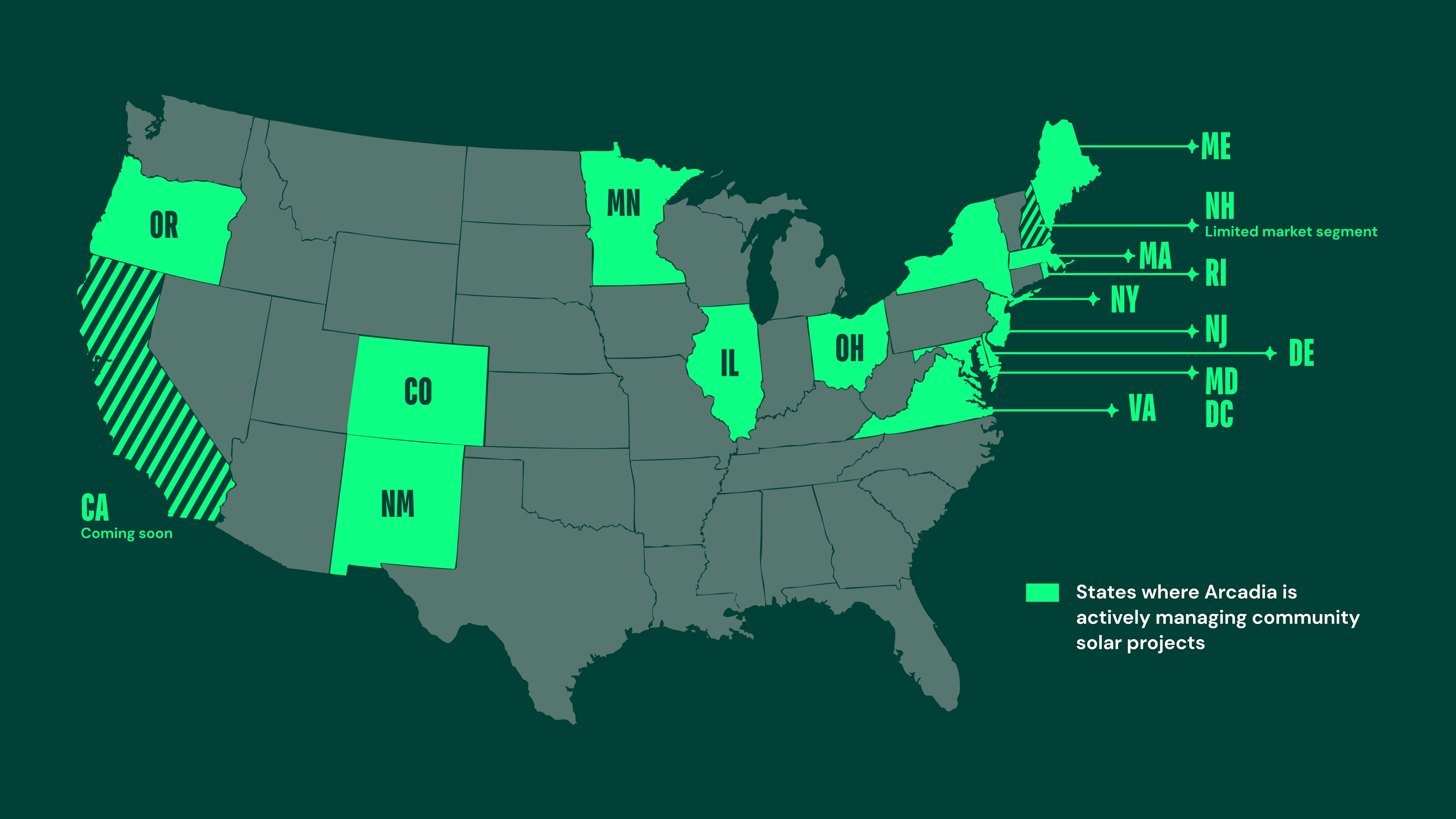15 Facts and Stats About Noise Pollution
on August 17, 2017
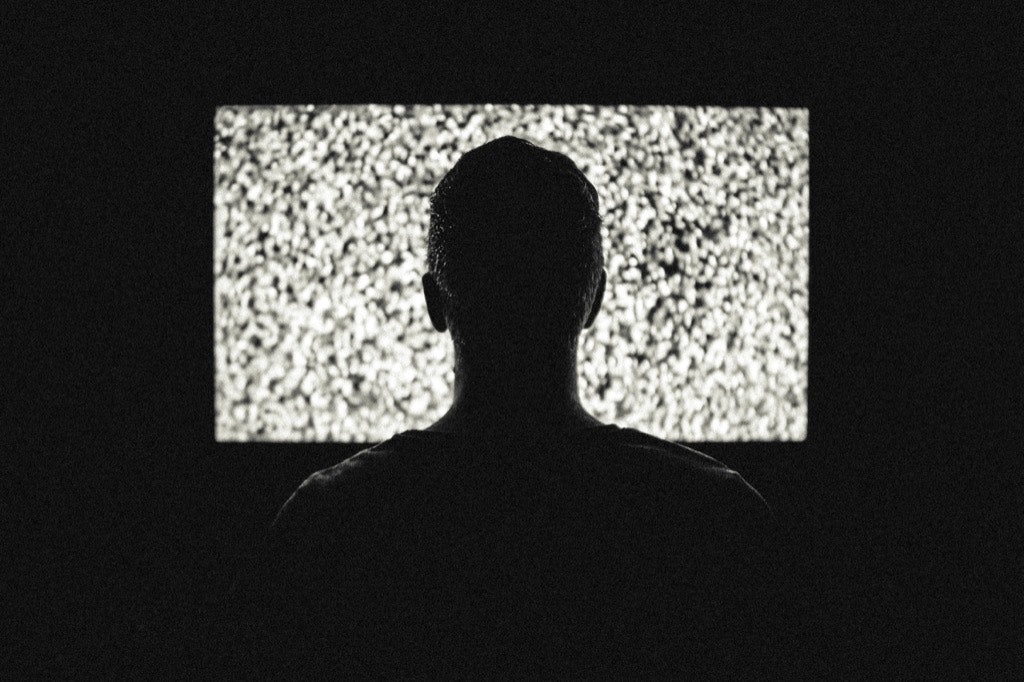
Over time, any noise that surrounds your home may eventually damage your hearing. The noise does not have to be as loud as a construction site. Someone who lives near an airport or a subway train may become accustomed to the sounds around them. But what they are not aware of is that the constant noise pollution is actually harming them.
Here are some of the facts and statistics about noise pollution:
Hearing loss
- People exposed to loud sounds on a regular basis suffer hearing loss. The technical term for this is Noise Induced Hearing Loss (NIHL). Dangerous Decibels did research on the subject and discovered that out of the four million people in the United States who suffer from hearing loss, about 25% of those cases have NIHL.
- About 30 million people in the United States are exposed to hazardous sound levels at their workplace every day, according to a study from 2005.
- In 2015, the Centers for Disease Control and Prevention (CDC), found that mining was the industry with the loudest work environment, followed by manufacturing and construction. About 1 in 8 of the workers in these and similar industries had hearing loss caused by their work environment.
- The American Journal of Preventive Medicine discovered just how much noisy traffic damages your hearing health. They conducted a study on the effect of noise pollution in College Park, Georgia. They found that this noise pollution disturbed 11% of the population during the day and 4% at night.
- Psychology Today reports that the number one cause for hearing loss actually is not age, it's noise. The elderly are at an even higher risk of further hearing damage caused by noise pollution.
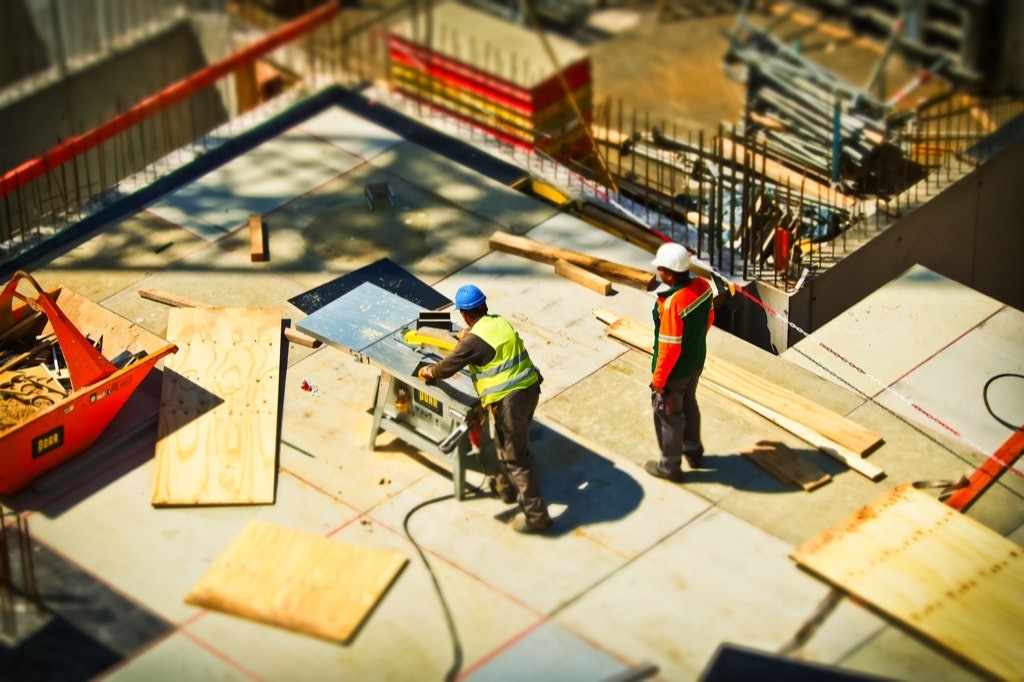
Children
- Noise pollution has a huge negative effect on children. According to a New Scientist report, a 24-month study of children living near an airport in Germany, they found that the children had long term memory loss and reading impairment.
- Living around loud noise can affect a child's developing brain. Studies show that their stress hormones are boosted by constant noise pollution which, in turn, affects their psychological well-being.
- According to experts, the natural ability that your baby has to understand sounds can be greatly interrupted by unnecessary sounds in your home, such as a television or radio. These noises affect the baby's brain and make it hard for them to naturally learn their primary language.
- Many people have won lawsuits over noise pollution. Almost 5000 residents who were living near a Tokyo military base were awarded over $22 million after living near noise pollution that not only created an annoyance but also made their blood pressure irregular.
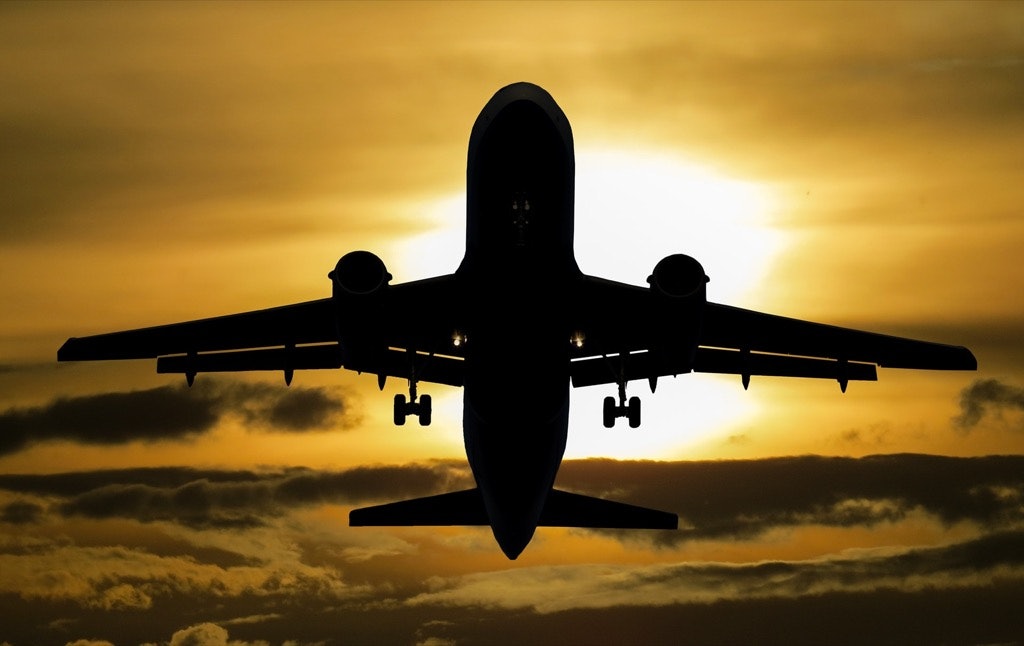
Health
- BioMed Central did a study back in 2009 that showed that certain types of noise pollution can increase blood pressure. They conducted the study on traffic noise at a hospital in Sweden. They found that about 30% of people in the area exposed to this noise pollution had frequent changes in their heart rate, blood pressure, and stress level.
- The New Jersey Headache Institute ran an article discussing two types of headaches that occur because of noise pollution: chronic headaches and episodic tension headaches. Chronic headaches occur over 15 times a month and produce a throbbing pain in the top or the side of your head. Episodic Tension Headaches happen less than 15 times a month and can for last many days at a time.
- Do you ever feel mentally tired? Your sleepiness may stem from the consistent noise pollution around your work and/or living areas. Your emotional problems can also be intensified by the constant noise. Experts say that noise pollution could be making you mentally fatigued, overly anxious, and more aggressive.
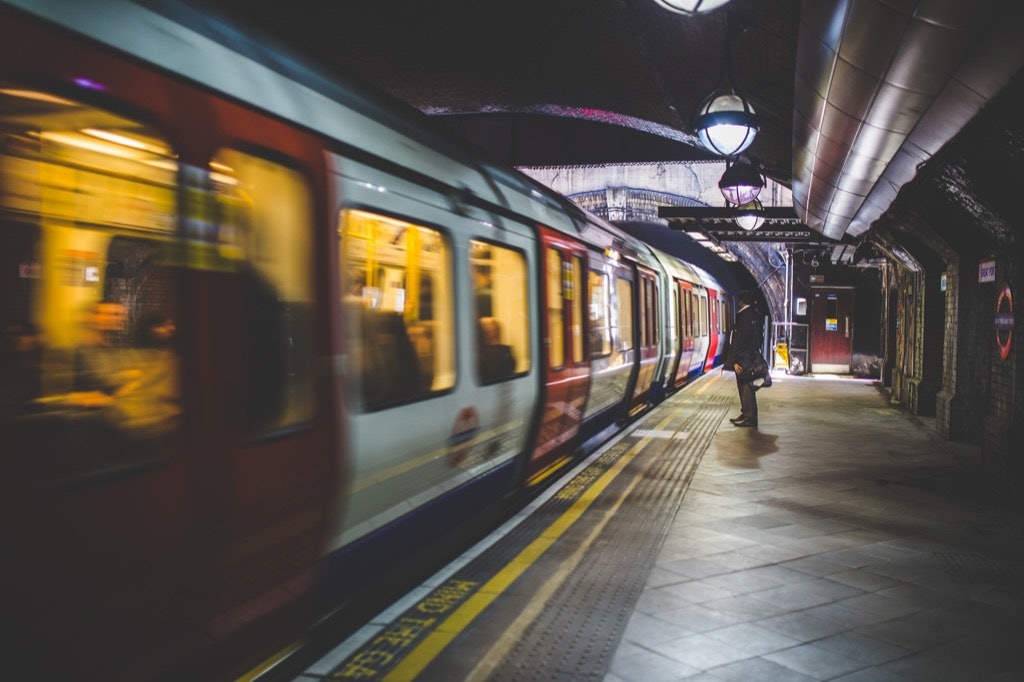
Protection
- Getting yourself out of a loud, noise polluted area allows your ears to recover. The UK Daily Mail cited research from experiments on rats where they were exposed to white noise, and when they did researchers said that the animals auditory cortex took three to four times longer to mature. But, when removed from the environment, their brain development was back on track.
- One of the simplest ways you can protect yourself from unnecessary noise pollution is by wearing earplugs. Many people may use them to study at home or to take a nap on the plane. However, workers in places with lots of machinery or high level of noise pollution should consistently wearing them as well.
- According to research done by City Quiet, New York City was the only U.S. city on the top 10 noisiest cities in the world. The top three worldwide were Mumbai, India, Kolkata, India, and Cairo, Egypt.
Sources: Hutchkins, S. 27 April 2016. CDC Releases New Statistics on Hearing Loss in Noisy Workplaces; Dangerous Decibels; NIOSH; Citiquiet.com; Science World; New Scientist; The Daily Mail UK; Science Daily; New Jersey Headache Institute; Psychology Today
